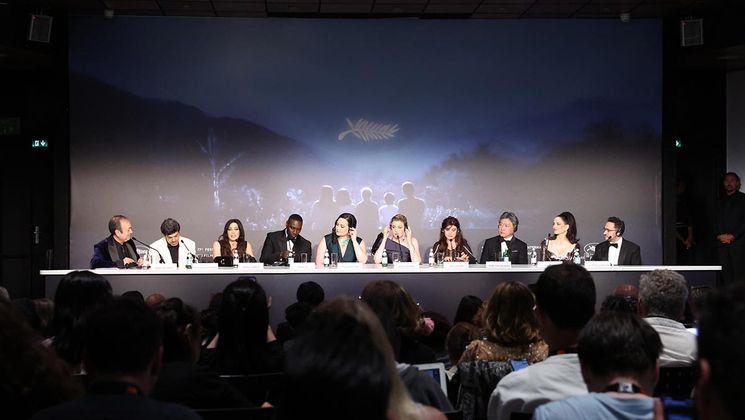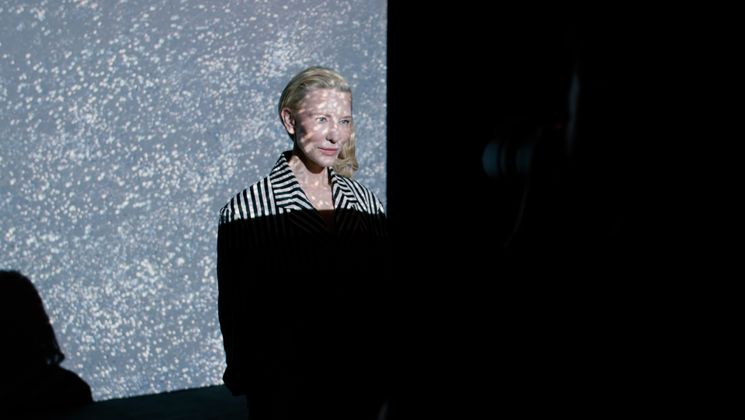
Mektoub, My Love (Intermezzo): Adbellatif Kechiche’s ode to desire

Six years after La Vie d'Adèle (Blue is the Warmest Colour) was awarded the Palme d'Or, Abdellatif Kechiche returns to the Competition with the second part of his trilogy about a group of young people in the nineties, initiated two years ago with the sun-drenched, carnal and languorous Mektoub, My Love (Canto uno).
Since La Faute à Voltaire (Blame it on Voltaire), his debut feature in 2000, Abdellatif Kechiche has focused his art on portraying his characters' desire, gradually narrowing the frame and prolonging the sequences, as if to better understand the essence of their urges.
The director has capitalised on the advent of digital tech to streamline his technical approach and refine his filming technique, favouring direct, continuous shots that enhance the naturalness of the performance. "This method of filming helps me to get across and to experience this feeling of a soul that exists" Kechiche explains.
And the desire continues in Mektoub, My Love: Intermezzo, the second film in a trilogy imagined by Kechiche after discovering the novel "La Blessure, La Vraie" (or The Real Wound) by François Bégaudeau, published in 2011, on which the film is loosely based.
Mektoub, My Love tells the story of Amin, a young apprentice screenwriter living in Paris who returns to his hometown of Sète in 1994 to spend the summer holidays with his family and friends. While his extrovert cousin Tony flirts with girls on the beach and in bars, Amin experiences his desire in a much more internal way.
In this blazing portrait of a summer in Sète, the director takes a very sensual look at this carefree youth, following in their wandering footsteps and filming the "special grace" of their intoxicated, dancing bodies.
"I had always dreamt of finding a character and an actor that I could follow over several films. In a way, François's book reignited this desire", the Franco-Tunisian filmmaker explains. He says he had always imagined creating what would be his cinematographic equivalent to "La Comédie Humaine".


